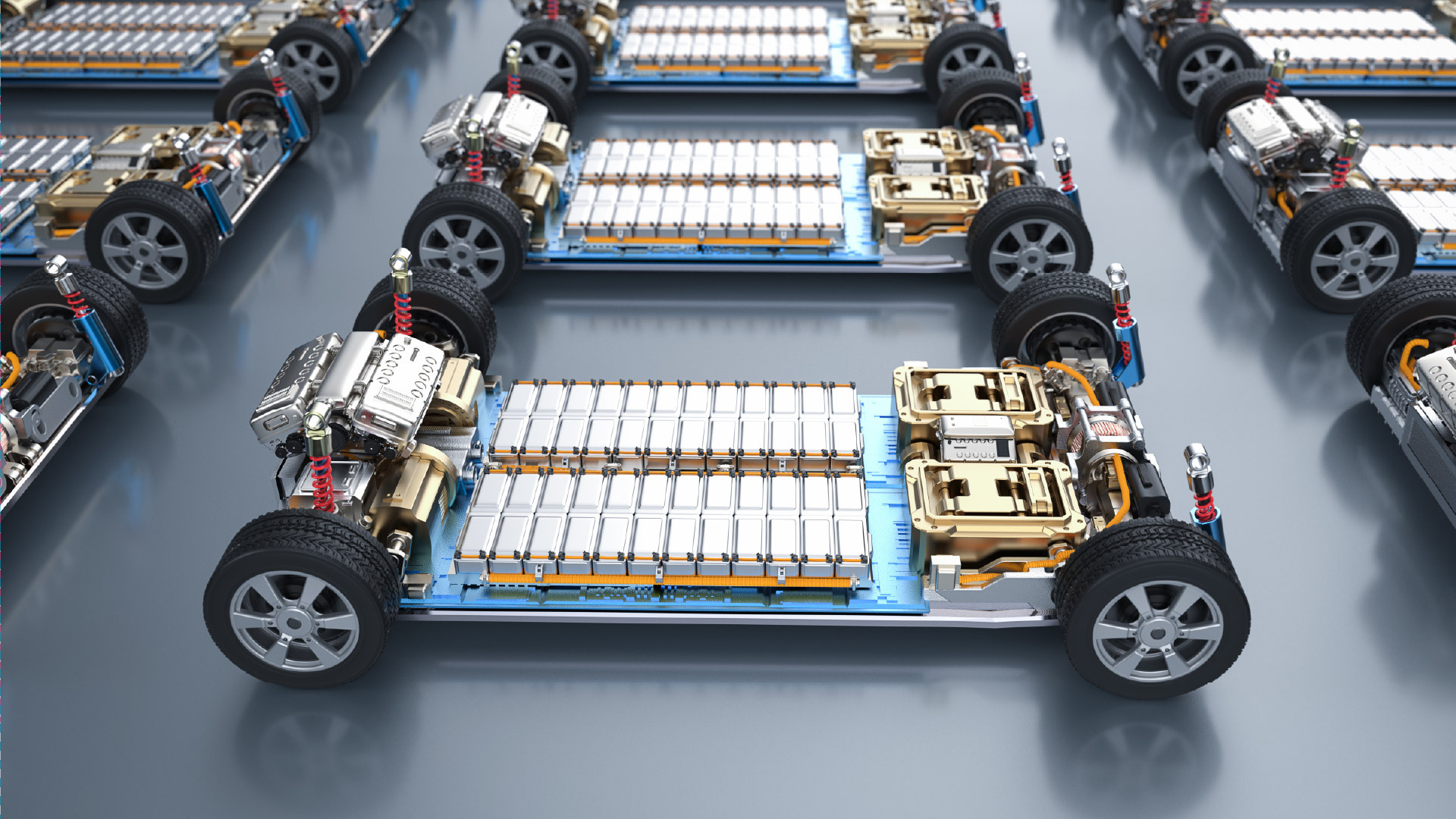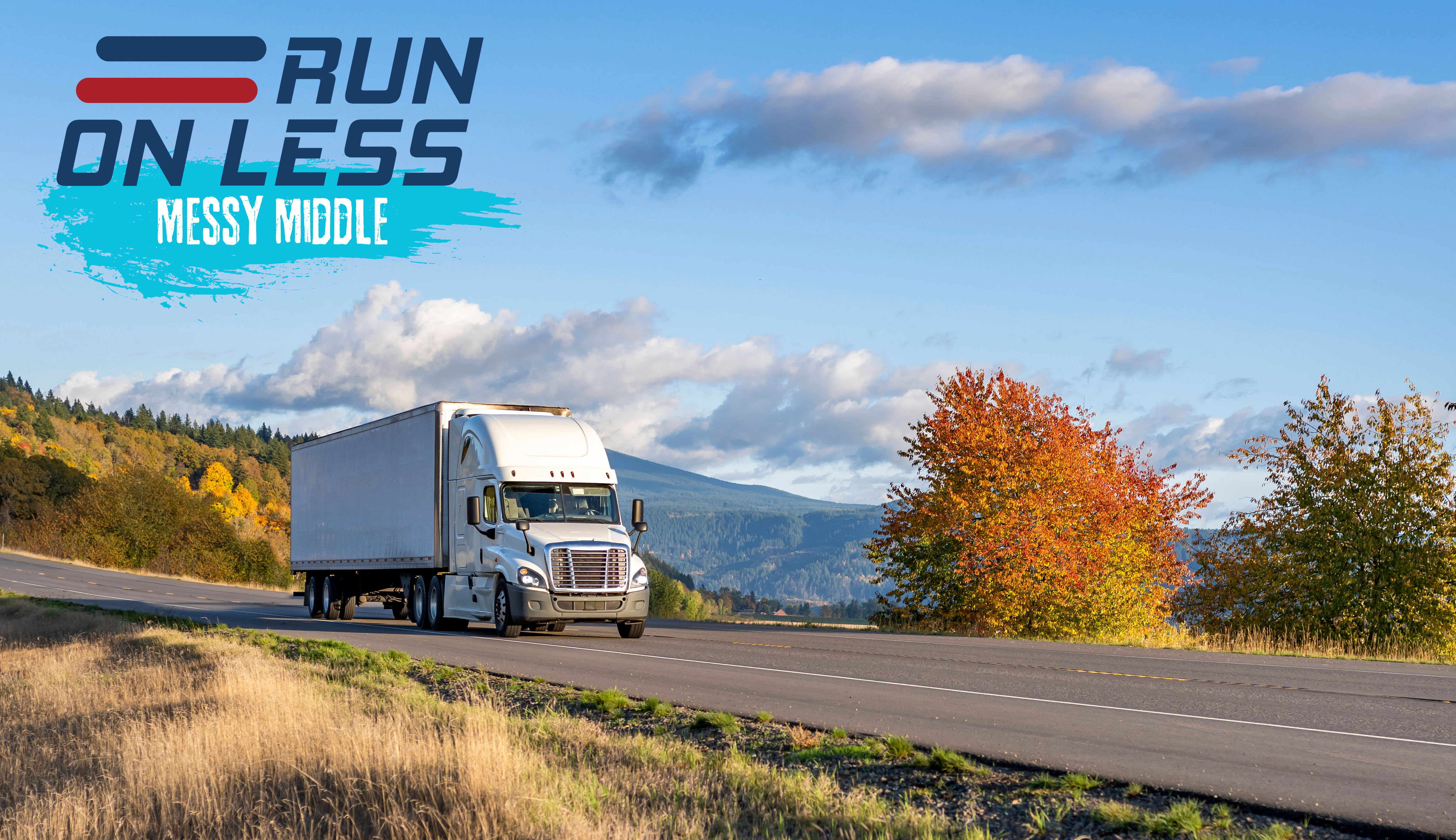Harnessing AI to drive innovation, responsibility, and human potential at scale
Next-Gen AI Insights: A View from the Globe and Mail Panel

By Amir Sayegh
Principal Product Safety Strategist
Dec 5, 2025
.jpg)
At Geotab, we're deeply committed to understanding and harnessing the transformative power of AI. That’s why I was excited to participate in a recent panel at the Globe and Mail’s “Next-Gen AI Solutions: Strategic Insights for Business Leaders” event. The conversation struck a chord—especially as we celebrate Geotab’s 25th anniversary as the world’s largest fleet telematics provider, proudly Canadian and still rooted in the values of a family-led business.
Our CEO, Neil Cawse, recently emphasized the importance of embracing risk and innovation—sentiments that echoed throughout the panel discussion. At Geotab, we haven’t just shown up to the AI conversation—we’ve been in it for a decade. We believe generative AI represents a seismic shift—potentially greater than the Internet itself. So what does that look like in practice?
We’re already using Machine Learning to help fleets become safer, greener, and more efficient. Internally, we’ve developed our own version of GPT to enhance productivity, with our CEO personally showcasing updates during town halls. This is guided by our own internal Gen AI policy to guide ethical implementation.
We have built tools like Ace to improve our customer’s experience by democratizing access to insights using natural language. Again, we’ve backed this work with a responsible AI whitepaper and our signature on Canada’s voluntary code of conduct for AI. During the panel, we discussed strategies for AI adoption. At Geotab, the strongest use cases build on what we already do well—predictive modeling for things like fraud detection, road safety, and driver behavior. We also emphasized targeting “crunchy problems”—areas where data is rich, processes are defined, and there’s a clear business need. Our message? Start small, move fast, and always keep humans in the loop. Your vehicles are trying to tell a story—AI helps us read and act on that story.
Despite Canada’s strong research heritage, only about 14% of Canadian businesses are actively using or planning to implement Gen AI. Some of the challenges of AI adoption in Canada include risk aversion, slow tech investment, IP commercialization hurdles, and a lack of trust. That’s a concern—not just for productivity, but for national competitiveness. Neil’s call to embrace risk feels even more urgent in this context.
At Geotab, we’ve approached change management proactively—mandating responsible AI use and providing robust training. The path to strategic integration starts with clear investment in high-impact, low-barrier areas. But we also need to look ahead: What happens when intelligence approaches zero cost? How do we design for a world shaped by multi-modal and agentic AI?
The workforce is also evolving. People fear mistakes, data leaks, even job loss. This motivated Geotab’s release of the Gen AI maturity index to guide organizations to adopt Gen AI. It took 50 years for electricity to 'revolutionize’ manufacturing, only after we discovered that we needed to change the way we work. Just like the shift to computers, AI will transform roles, not erase them. We need to design work differently—embedding AI as a collaborator, not just a layer.
AI isn't about replacing humans—it’s about amplifying human potential. To thrive, organizations must embrace AI not as a tool, but as a partner. And as we move forward, we must also champion sustainable, responsible AI.
Subscribe to get industry tips and insights

Principal Product Safety Strategist
With almost 25 years of experience in academia, product and strategy, Amir is a Principal within the Product Safety & Interoperability team at Geotab. Over the past decade Amir has held impactful roles in the Big Data and AI space spanning consulting, advocacy, team building, and responsible product development. Before joining Geotab, Amir honed his expertise at TELUS and Deloitte, where he held various consulting, strategy, and product leadership positions. Amir has a Ph.D. in Electrical and Computer Engineering from McMaster University.
Subscribe to get industry tips and insights
Related posts

How to stop wasting mechanic hours on ‘ghost codes’ and low-priority repairs
February 2, 2026
2 minute read



How long do electric car batteries last? The updated guide to real-world EV battery health
January 12, 2026
10 minute read

Collision avoidance systems: How fleets prevent incidents and improve safety
December 23, 2025
5 minute read

Run on Less data redefines electric truck viability
December 17, 2025
4 minute read